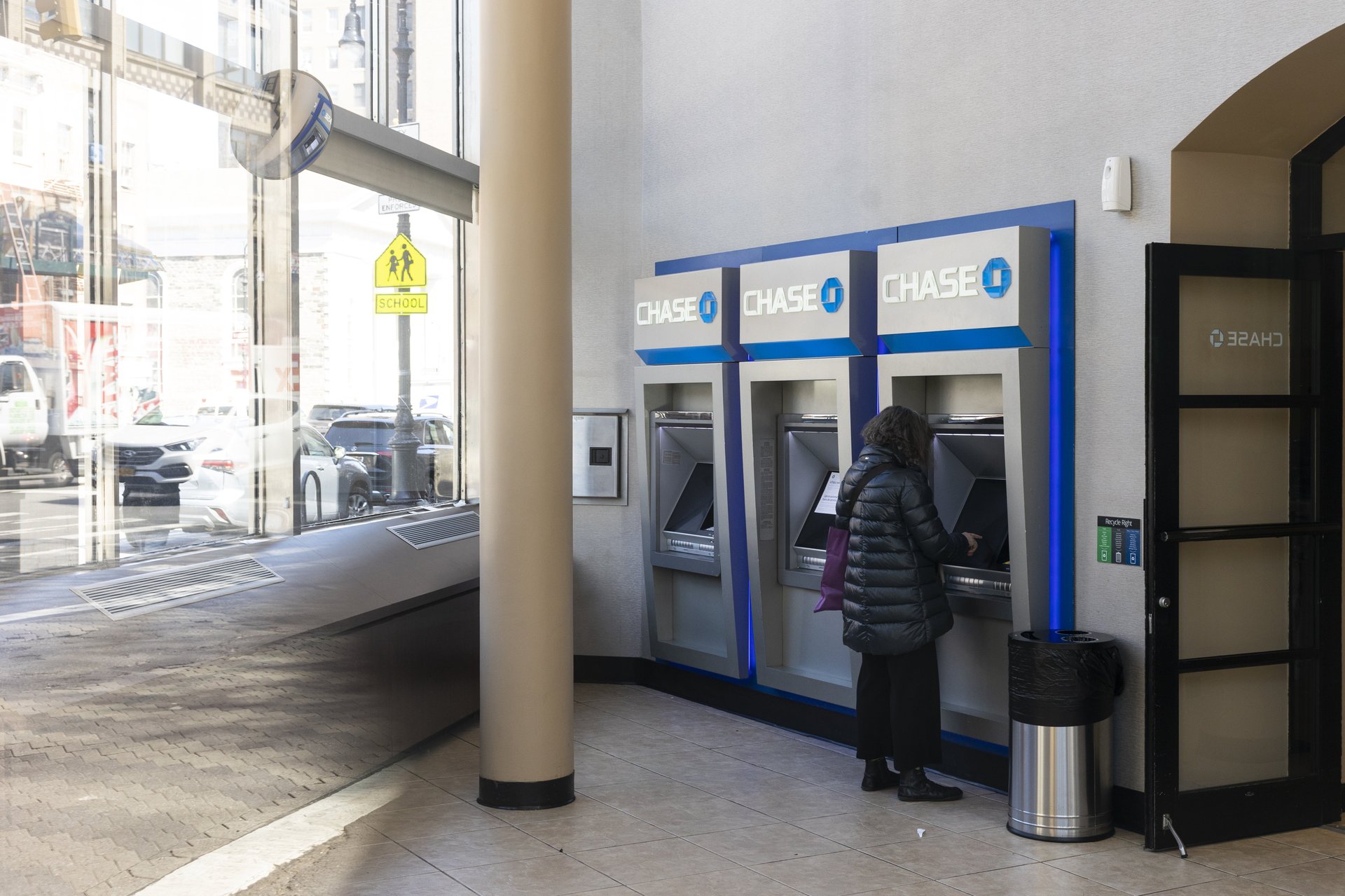Banks could soon have overdraft fees capped at $5
The CFPB announced a final rule limiting bank overdraft fees

Federal regulators have closed a bank overdraft fee loophole that could save American consumers billions of dollars each year.
Suggested Reading
The Consumer Financial Protection Bureau announced a final rule Thursday that will limit the size of overdraft fees that large banks and credit unions can charge.
Related Content
“For far too long, the largest banks have exploited a legal loophole that has drained billions of dollars from Americans’ deposit accounts,” said CFPB Director Rohit Chopra in a statement. “The CFPB is cracking down on these excessive junk fees and requiring big banks to come clean about the interest rate they’re charging on overdraft loans.”
Under the rule, banks and credit unions with more than $10 billion will have to choose between charging $5 over draft fees, offering overdraft as a courtesy by charging a fee that’s not bigger than costs or losses, or complying with longstanding lending laws, like disclosing interest rates, if they want to continue charging profit-generating overdraft loans.
The agency said this could save consumers up to $5 billion in annual overdraft fees, or $225 per household that pays the fees.
Overdraft fees are a charge that financial institutions levy when people withdraw more money from their account than they have in it. Sometimes, banks impose fees and provide loans that are larger than the overdrawn amount. In 2019, annual overdraft fee revenue among big banks and credit unions was an estimated $12.6 billion, according to the CFPB.
While large financial institutions have pushed back against these rule, many major banks — including Bank of America (BAC), Wells Fargo (WFC), and JPMorgan Chase (JPM) — have cut down their overdraft fees in recent years amid growing scrutiny. On average, banks charge $35 when customers overdraw their bank account.
The agency says these fees are yet another example of so-called junk fees, hidden or misleading charges that raise the total cost of a product or service. The Biden administration launched its crackdown on junk fees in October 2023, when it proposed a rule to to prohibit the added costs and require companies to show full prices upfront.
The U.S. Council of Economic Advisers estimates that American consumers spend $90 billion annually on junk fees, or over $650 per household annually. The White House claims that its initiatives combating these fees will help reduce that cost by more than $20 billion per year.
These rules have especially targeted airlines, which receive considerable windfall from added charges, including for seat selection and checked bags. Other industries targeted by the war on junk fees include credit cards and financial advice.
While the CFPB said the final rule will take effect on Oct. 1, 2025, the incoming Trump administration’s expected deregulatory approach towards banks could derail efforts to impose new restrictions on the sector.
The Consumer Bankers Association, a trade association representing the largest banks in the country, criticized the rule as harmful to consumers and an example of regulatory overreach.
“The CFPB’s rule jeopardizes access to overdraft services when hardworking Americans face unexpected expenses, leaving them with worse alternatives like payday loans and pawnshops,” said CEO Lindsey Johnson in a statement. “The CFPB also disregards the bank-led innovations that have enhanced consumer benefits and delivered significant savings within the overdraft ecosystem over the past decade.”
